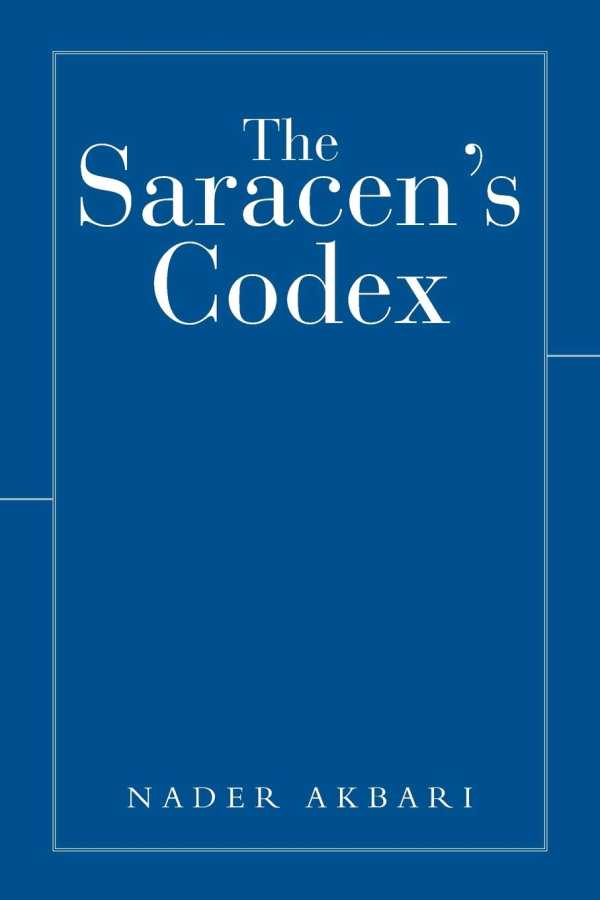
The Saracen's Codex
The Saracen’s Codex is a political polemic that pulls zero punches.
Nader Akbari’s The Saracen’s Codex is a research supported, thought provoking, and aggressive look at the rising threat of violent fascism in Europe.
This fascism, Akbari argues, comes not from right wing populist parties like Alternative for Germany or Sweden Democrats, but from millions of unassimilated Muslims living in cities like London, Paris, Brussels, Stockholm, and Berlin. This large Muslim population cannot be divided into “moderate” or “radical” camps, Akbari claims. He insists that those distinctions are false, calling them the work of “suicidal” political correctness in the West. For Muslims, he says, there are only good and bad Muslims, and “bad” Muslims are the ones who accept Western culture.
The book argues that it is the “good” Muslims—those who are faithful to Muhammad, his teachings, and the traditions of Muslim jurisprudence—that are poised to destroy the legal, religious, and personal freedoms of Europeans. It poises the continent as free since the Renaissance, if not longer. The text then digs deep into Islam’s past, from Muhammad’s bloody conquest of Mecca to the rise of the Muslim Brotherhood in British-occupied Egypt, in order to warn Europeans that unless Islamic immigration and Islamic institutions are sharply curtailed, Europe faces religious authoritarianism of the kind not seen since the days of the Spanish Inquisition.
This book is incendiary. It glosses over positive and enlightened moments in Islamic history, such as the Abbasid Caliphate’s sponsorship of poets, doctors, and mathematicians. It is littered with quotations from the Quran and the Hadith, as well as from other sources, such as scholars of Islamic history, political theorists, and philosophers.
The text is overly reliant on extensive block quotations. In the early chapters, block quotations from the Quran and secondary sources take up most of the pages. This makes for difficult reading and even worse aesthetics.
Stylistically, this book is written in simple, straight-to-the-point language. This book is free of academic jargon so that its main argument cannot be missed. Arguments are outlined clearly in the preface and built upon from there. Its reproduction of large portions of outside research material is a handicap, though in collecting them, the book achieves its objective of presenting a chapter-by-chapter outline of its notion that Islam presents an apocalyptic challenge to European freedom.
The Saracen’s Codex is a political polemic that pulls zero punches.
Reviewed by
Benjamin Welton
Disclosure: This article is not an endorsement, but a review. The publisher of this book provided free copies of the book and paid a small fee to have their book reviewed by a professional reviewer. Foreword Reviews and Clarion Reviews make no guarantee that the publisher will receive a positive review. Foreword Magazine, Inc. is disclosing this in accordance with the Federal Trade Commission’s 16 CFR, Part 255.
